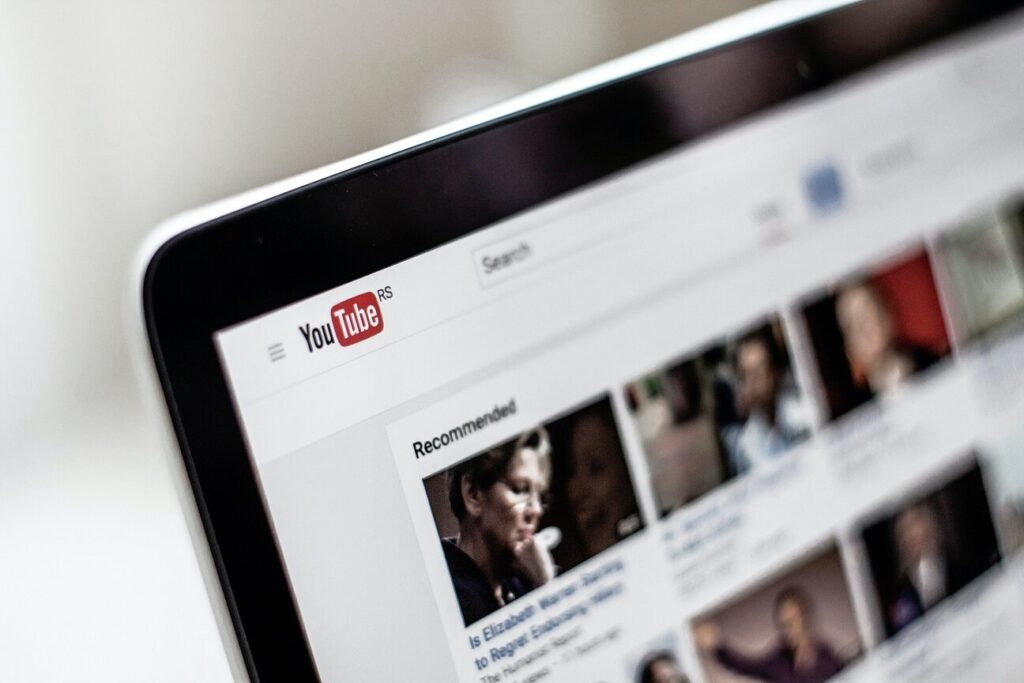Facebook Video Ad Captioning Raises Question About All Facebook Video Content
You pull up your Facebook app on your phone in public. You’re scrolling through, and a video ad automatically starts playing, and you don’t have headphones on. You’ve now just alerted and startled those around you.
Facebook announced in early February that this would no longer be an issue, as they now are generating closed captions for ads that play automatically while you’re scrolling.
Advertisers are now able to review and edit the captions that Facebook automatically generates for them, or have Facebook’s ad review process check the text.
While this is great news for the advertisers, and those who are scrolling through their newsfeed on the morning train or bus, as most consumers are annoyed when sound unexpectedly comes blaring out of their phones in a quiet setting, what about the rest of Facebook video?
While we’re not a fan of auto-generated captions, as they tend to be poor quality, this would be a great feature for all Facebook video, as the advertisers are prompted to review and edit the auto-generated captions. Regular Facebook users and content producers that upload video to the social networking site could be prompted to do the same. Unless you have the setting disabled on your mobile device, regular Facebook videos also begin playing without sound, but there are no captions there, unless the person who uploaded the video uploaded a caption file with it.
Facebook video views doubled from 4 billion to 8 billion daily in just eight months in 2015. 50 million Americans are deaf or hard of hearing, and rely on closed captions for understanding and accessibility of these videos.
For example, “Last Week Tonight with John Oliver,” has released a video about Presidential candidate, Donald Trump. The video is wildly popular, and all over social media with over 8 million views on YouTube. However, it isn’t captioned. It has auto captions on YouTube, but no captions at all on Facebook.
We support Facebook adding their “auto caption” feature to all video, however in the meantime, we still urge all content producers to caption their Facebook videos with quality captions so they’re accessible for all. Captioning videos on Facebook and YouTube is simple. Facebook requires an .SRT file and can be downloaded from YouTube, where caption files can be uploaded, or created from scratch.




